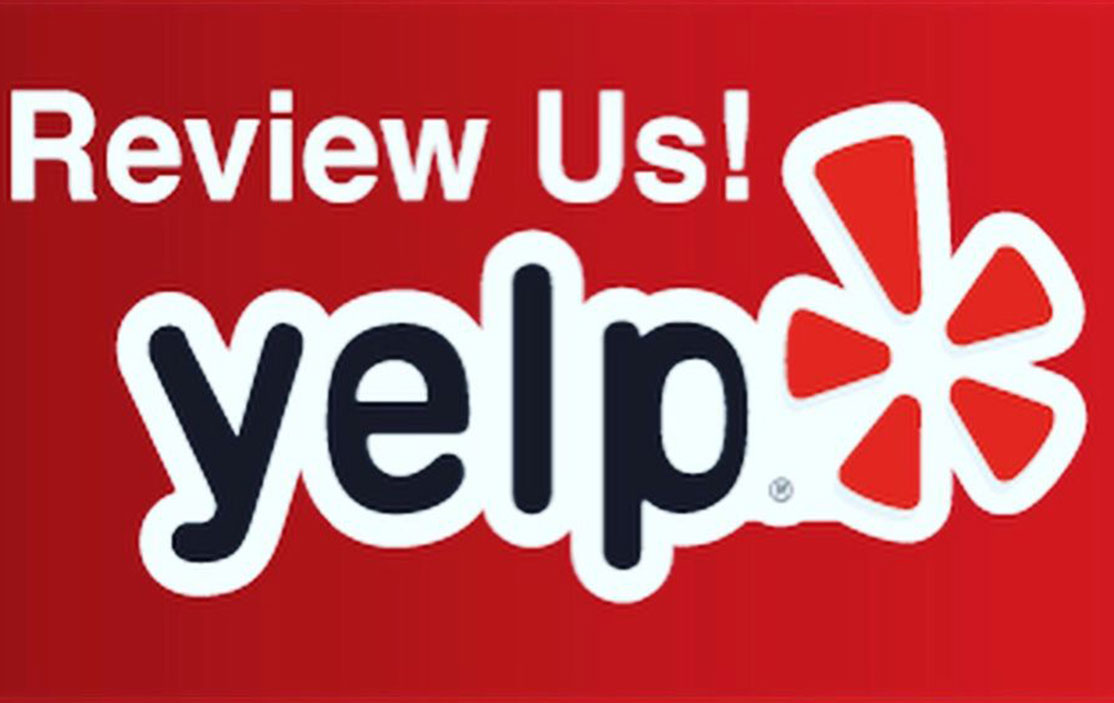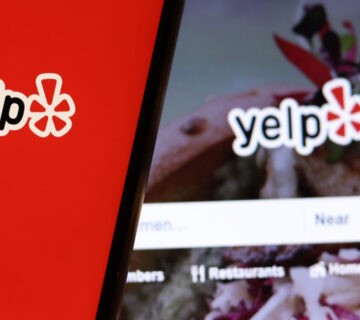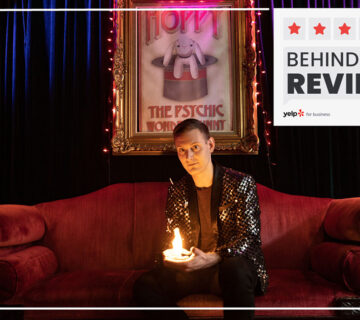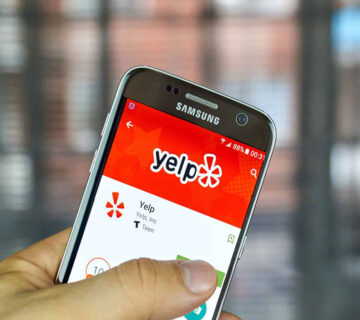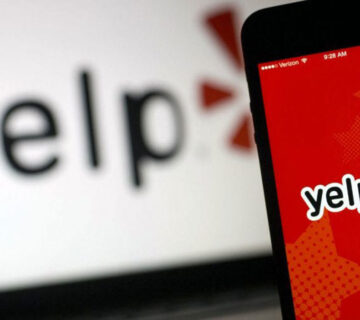Why does Yelp recommend reviews?
Our automated software evaluates reviews based on quality, reliability, and activity on Yelp, in order to provide the most helpful recommendations to our users.
Hundreds of millions of reviews are posted on Yelp, and our automated recommendation software works in the background to showcase the reviews that it determines are most helpful. These are typically written by active members of the Yelp community who are self-motivated to share their personal, detailed experiences about local businesses. It applies the same objective rules to reviews of every business and treats reviews of advertisers and non-advertisers exactly the same.
The software does something no human can—regularly analyze billions of data points from all reviews, reviewers and businesses to evaluate the usefulness and reliability of each review. It’s engineered to provide a level playing field for all businesses on Yelp. Having a great reputation on Yelp shouldn’t be about who has the time and resources to ask the most people to write reviews. Great Yelp reviews and ratings should come from consumers who had a great experience that they’re inspired to tell others about.
Learn more about our recommendation software at trust.yelp.com.
Additional resources:
- Countering some of the biggest misconceptions about online reviews
- A review strategy to help improve your business
- Tips for responding to reviews on Yelp
- Set up notifications to be notified when someone leaves a review for your business
Transcript
When it comes to getting recommendations, certain people’s opinions matter more to you than others, right? There’s the new neighbor, but he just moved here. The nice lady across the street, but she only eats out once a year. And Sam, your foodie friend next door. Who knows all the latest spots? You definitely wanna know what he thinks. Millions of people in neighborhoods everywhere trust Yelp for reviews on local businesses. And just like with your neighbor’s opinions, not all reviews are created equal. Yelp’s recommendation software automatically evaluates all reviews. It’s looking for those that may be most useful and reliable from active users. These are recommended reviews, and in fact, most reviews are recommended. Our philosophy is quality over quantity, which is why the rest are not recommended. These are often written by users we don’t know enough about, or sometimes they could be unhelpful rants, or we suspect the business owner asked the reviewer to write the review.
That’s against our policy. To keep things fair and unbiased, we try not to recommend reviews that businesses ask consumers to write. Reviews like these go in the “not currently recommended” section. You can still see them via a link at the bottom of a business’s page, but they don’t impact the overall star rating. This helps us create a level playing field for hardworking businesses who rightfully earn their great reputation on Yelp. The software is constantly trying to improve its recommendations as it learns new information from reviews and reviewers. This means its recommendation. Decisions about any review can change over time. The software does not treat advertisers any differently than non-advertisers. Advertisers do not get preferential treatment and non-advertisers are not penalized. We know that’s important to consumers and it makes things fair for all businesses. The recommendation software is just one of the many things that we do to protect consumers and businesses alike. Learn more trust.yelp.com.

